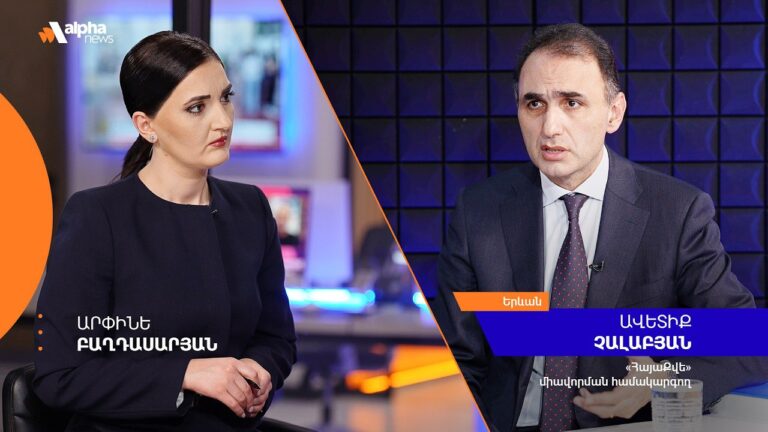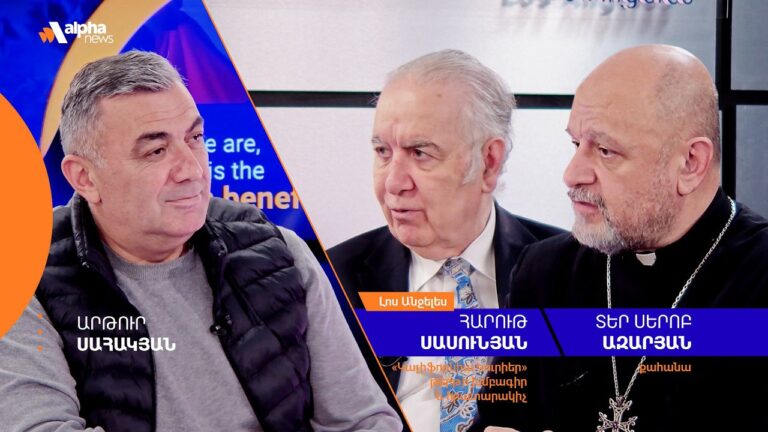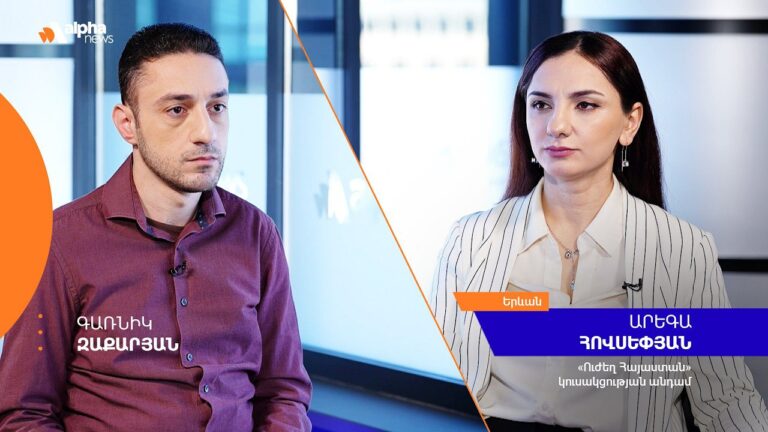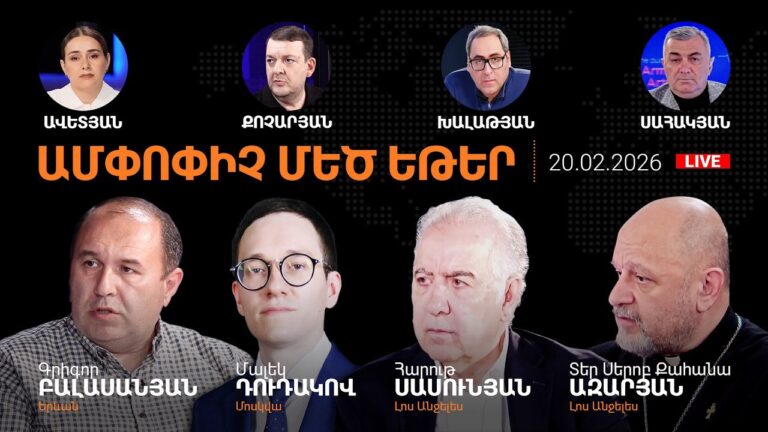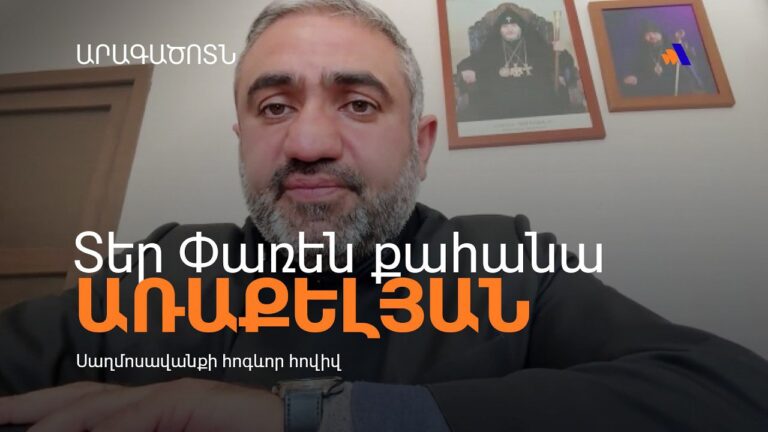Severing everything with Russia is very dangerous for Armenia – Alexander Tsinker
August 06 2024, 11:05
Speaking with Alpha News, Director of the Institute of Eastern Europe and the CIS in Israel Alexander Tsinker commented on Turkish President Recep Erdogan’s warning to enter Israel, the prospect of signing a peace treaty, and the current relations between Russia and Armenia.
Speaking about the statement by Turkish President Recep Erdogan that Turkey might enter Israel as it had done in the past in Nagorno-Karabakh and Libya, the expert said that Israel did not react to this in any way, but Azerbaijan demanded clarification.
“It seems to me that it was Azerbaijan that paid attention to this statement the most of all. It was very offended that its senior comrade said that it was not Azerbaijan that won the war in Karabakh, but Turkey, which entered Karabakh. Israel did not react to these words at all, because it was just one more statement in the series of anti-Israeli speeches that we hear from Erdogan. I believe these words are mainly aimed at a domestic audience because Turkey has a lot of problems and it needs to periodically somehow raise the patriotism of the population.
The best thing in such cases is when calls that they will become the head of the entire Arab Muslim world and destroy Israel are made. Erdogan’s words had the greatest effect in Azerbaijan, which demanded explanations from Turkey. I have recently noticed that Turkey and Azerbaijan do not always negotiate. For example, regarding the issues of Turkey’s rapprochement with Armenia or the possibility of concluding a peace treaty between Armenia and Azerbaijan, everyone there plays a little bit of their own game,” Tsinker said.
According to the political scientist, this entire confrontation between Turkey and Israel is Erdogan’s PR campaign.
“The confrontation between Israel and Turkey, between the leaderships of the two states, continues and will continue until, at some point, Turkey understands that this is simply Erdogan’s PR campaign. Everything that Erdogan is now saying about Israel is perceived as simply his PR campaign. The most interesting thing is that it is quite possible that when everything calms down a little in the Middle East, we will see attempts to resume trade relations between these two countries,” Tsinker noted.
According to the expert, in the event of a strike on Israel, Iran will get an immediate response.
“Iran is now threatening to strike Israel. The Israeli government is considering two main response options: the first is to carry out a preemptive strike on infrastructure in Iran, and the second is to develop an operation that will be immediate after Iran’s attack. We will not, like last time, wait a week to prepare our response. The response will be delivered immediately at this very moment. Today, both sides say that we would not like a regional war.
I understand that neither Iran nor Israel want this war. However, very often both sides do not want it, but events occur after which it is impossible to stop. As for what will happen to Armenia in this case, I hope that everything will be fine with Armenia. If there really is such a confrontation, they will fight carefully so that Armenia does not get affected. But if the economic situation in Iran worsens, Armenia may have problems,” Tsinker emphasized.
Speaking about the prospect of signing a peace treaty between Armenia and Azerbaijan, the political scientist noted that a peace treaty will not be signed in the near future.
“The peace treaty is not advancing and cannot advance since Azerbaijan demands changes to the Constitution of Armenia, and this is interference in the internal affairs of another state. Therefore, I think that the peace treaty will not be signed in the near future if Azerbaijan does not change its demands.
It is quite possible that Azerbaijan does not want this treaty to be signed, which is why it puts forward new demands each time, hoping that with this monotonous pressure it will be able to get the maximum number of conditions for signing. Turkey also puts forward demands, thereby helping Azerbaijan drag out this process,” Tsinker said.
Commenting on Armenia’s latest refusal to take part in the Collective Security Treaty Organization exercises, the expert said that Russia is trying to explain to Armenia that it is making big mistakes.
“Today, relations between Russia and Armenia are at their lowest level. Russia is trying to explain to Armenia that it is making big mistakes, going in the wrong direction, and the same thing that happened to Ukraine will happen to Armenia. Russia is interested in Armenia remaining in the area of relations with Russia in the South Caucasus.
It is difficult for me to say what the Armenian leadership wants or thinks. It seems to me that today Armenia needs very balanced decisions because severing everything completely without thinking about what will be very dangerous tomorrow. Therefore, some kind of target program should be built for where Armenia wants to go, what it wants to reach, and what needs to be done for this,” Tsinker concluded.



